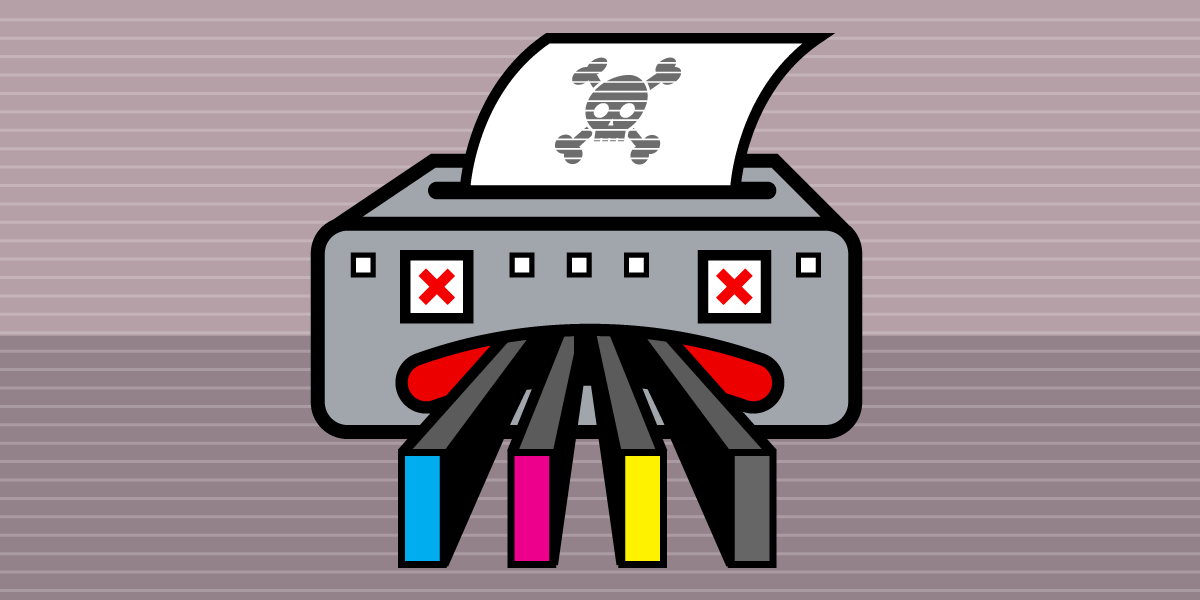Caveat up front: this is not about Slate Star Codex, which I haven't read regularly enough to have an opinion on, or about the recent controversy between SSC & the NYT. I'm more interested in the *idea* of rationalism (vs. the practice).
The core premise of rationalism, as I understand it, is simply that humans' cognitive machinery was not designed by evolution to find truth, but rather to advance the interests & welfare of the collective -- a Venn overlap, but not the same thing. Therefore ...
... reasoning well, both individually & as groups, requires special effort. It requires consciously trying to set aside the parochialism, biases, & other distortions that typically characterize our thinking -- resisting, to some extent, the dynamics of group membership/welfare.
That's all fine. I agree entirely that we should make special effort to reason well & to guard against the typical failures of reasoning to which we humans are prone. I believe it's the best (maybe only) way forward as a species. So far so good.
The real question is what that looks like in practice. And here we come to self-styled "rationalists." As someone who, in his youth, was a very stereotypical rationalist, who hung out with people who felt the same, I will just share my personal observation:
The people who talk most about how rational they are -- and how emotional you, their interlocutor, are clearly being (otherwise you'd see how right they are) -- are not the most rational. Rather, their "rationalism" appears to be compensation for their emotional illiteracy.
Whenever humans communicate, there are multiple channels being used. There's the straight, propositional meanings of the words, & then there's a whole other language of tone, implication, context cues, body language -- social & emotional info being exchanged.
Lots of smart young (esp. white) men are highly trained in the former but completely untrained in the latter, in fact taught that the latter is feminine & suspect. They are, in a nutshell, emotionally illiterate. They're always "saying the wrong thing" in that latter language...
... or failing to hear messages sent in that latter language. Their personal relationships suffer. And their response is to blame ... everyone else. To declare that second language illegitimate. To declare that ONLY propositional meanings that they consciously intend *count*.
This, in short, is what self-styled rationalism often (mostly?) is in practice: men, frightened & confused by the ambiguity of emotional & social communication, seeking to ban it, to declare it out of bounds, to frame their emotional illiteracy as a virtue.
We're all familiar with this type of dude.
@AnnieLowrey called him Fact Guy. Also known as Reply Guy. I call him "I'm rational you're emotional" guy. The most notable thing about them is, they're some of the most emotional people you'll ever encounter! It's just that ...
... their primary emotions are anger & umbrage & outrage (which we all know are masculine & therefore not "emotional"). They are some of the most butthurt, quick-to-anger people you'll ever encounter. They are not, needless to say, paragons of reason.
So what's the point of all this? Well, I was reading
@mattyglesias' post on all this, mostly nodding along, when I got to this spot, which started my red sirens flashing.
https://t.co/F1nEQfUOJN
I agree that, in general, people are often carried along by peer pressure to suppress or ignore certain points & focus on others. Groupthink is real. Lots of people lack the confidence or thick skin necessary to tack against their peers. Granted. HOWEVER.
Among the class of people most likely to deem themselves "rationalists," being "impolite" is not a deterrent, it's often the reward. Telling a bunch of people they're wrong & dumb -- especially the people who have made the rationalists feel emotionally illiterate -- feels good.
In fact, lots of self-styled rationalists view being smarter than the masses, above them, as core to their identity. They're not sheeple. They think independently. They LOVE telling all the smug swells who made them feel awkward in HS that *actually*, they're the dumb ones!
IOW, the people most likely to identify as rationalists need the *least* encouragement to be impolite. If anything, the goal of being impolite often subsumes & distorts their reasoning ability! They love that shit, just them & their rational friends mocking the deluded masses.
(I am deliberately not using any names here, so as not to get pulled into dumb fights, but I suspect everyone reading can name one or two of these folks right off the top of their head.)
So I would take a different turn than Matt took. I would say, if you are the kind of person who aspires to be rational, or who self-identifies as rational, the main danger you need to watch out for is not politesse but *self-deception*.
People conspicuously proud of their rationality (and often, at a subconscious level, angered & ashamed by their emotional illiteracy) are some of the people *most likely* to ignore their own logical leaps, fallacies, & inconsistencies -- most likely to self-deceive.
So if you are attracted to rationalism (as I am!), your primary obligation is not rudeness or insensitivity to group dynamics (you probably already have that covered) but ***humility***. You should be aware, at all times, that you too are probably falling short of True Reason.
If you truly take that humility on board, then you take a different perspective on how to make human affairs & societies more rational. The answer is *not* for a handful of bros to train themselves to be Übermenschen, super-reasoners, & then lecture the rest of us.
Once you acknowledge the frailty & fallibility of individual reasoners (yourself included), you realize that the most important collective task is to learn how to reason better *together*, how to develop practices & institutions that guide us toward reason.
You realize no individual reasoner (or special group of "rationalists") is ever going to be reliable over the long-term. We're all human. The only hope is inscribing the practices & values of truth-finding into institutions that transcend any set of individuals.
You also realize that unreason is never going to be banished by the Ultimate Bro Lecture. No person/institution/group ever perfectly instantiate reason. We're not going to evolve into a species of perfect reasoners. Irrationality is an ineradicable feature of human societies.
Attempts to suppress or ban or stigmatize human parochial passions and group loyalties -- however technically irrational they may be -- will only result in tyranny & backlash. Attempts to engineer them out of ourselves will end in tears.
So the best we can hope for is to adopt values & design institutions that *encourage* reason on the margins, that nudge us in that direction. We cannot suppress or eliminate parochial passions, so we must accommodate them, manage them, as best we can. Meliorism.
And here we get to the central irony: if you truly understand humans, Reason leads you to support practices & institutions that, in their fuzziness, their accommodation of parochialism, their fallibility & partiality, *make self-styled rationalists uncomfortable*.
Self-styled rationalists favor clarity, right angles, lack of ambiguity. But fuzziness & messiness are core parts of humanity that must be designed around. A world built by Reason, for actually existing humans, is not necessarily going to celebrate or elevate rationalists!
A world built by Reason will not be ruled by a council of tech bros. It will be small-d democratic, messy, iterative, flawed, humble, biased toward compassion over judgment. That's what's effective in actual human affairs -- ie, that's what's rational!
In other words, if rationalists really cared about being rational, they'd become democratic socialists.
Sorry this got so long.


























